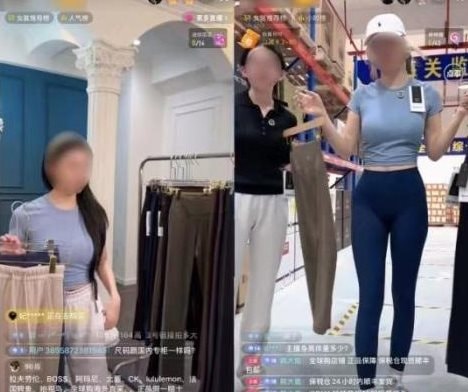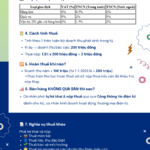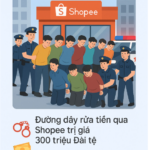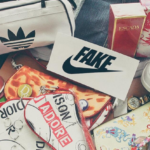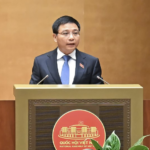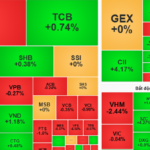Shanghai’s Jing’an Public Security Bureau recently announced the bust of an elaborate and organized counterfeiting ring, seizing over 20,000 fake products of renowned brands.
Notably, the group staged an “import-export” scheme to legitimize their operations, selling through livestreams on major platforms like Taobao, JD, and TMall.
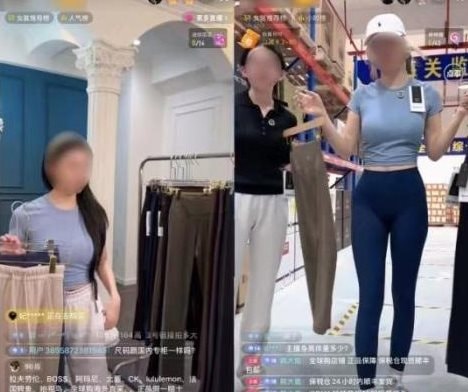
The suspects organized livestreams to sell counterfeit goods.
According to the police, the group manufactured counterfeit goods domestically, exported them to Hong Kong, and then re-imported them into mainland China with fake customs documents. This created the facade of “legitimate imports” for sale on e-commerce platforms.
The seized counterfeit goods included handbags, clothing, shoes, and high-end fashion accessories, sold at approximately 70% of the genuine article’s price, mainly through “international shopping” livestreams.
Authorities arrested a total of 10 suspects, with the primary culprits being Shi, who managed the livestream system and organized retail operations, and Li, who oversaw the import-export company, handling warehouse operations and customs paperwork.
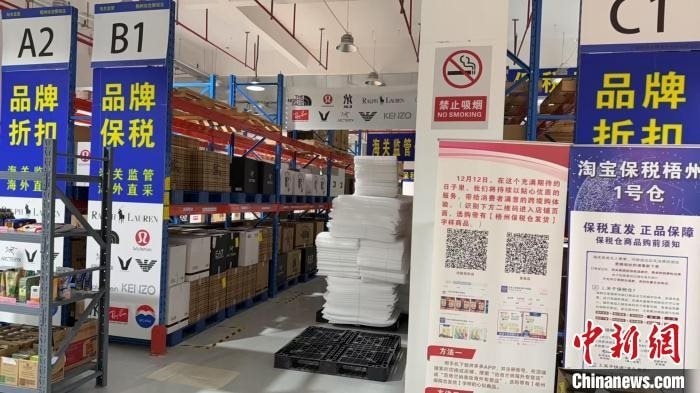
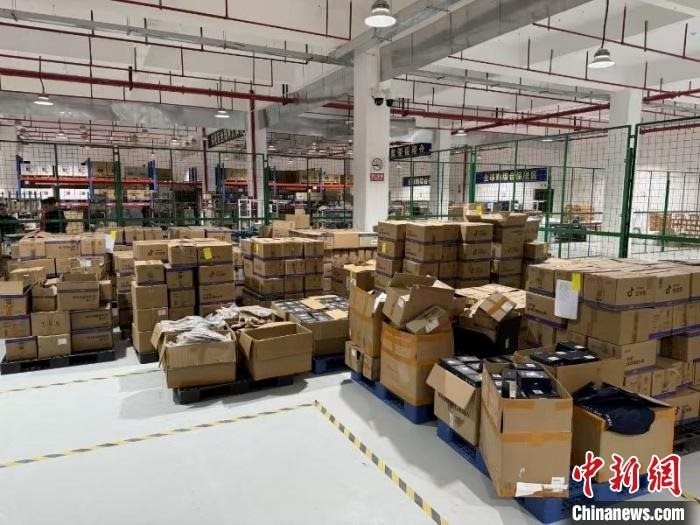
A closer look at the seized counterfeit goods from the 10 suspects in Shanghai.
Additionally, eight other suspects were involved as company employees and livestreamers, handling order processing and customer service. Some members of this group had previously been warned for violating e-commerce platform policies but continued their illicit activities.
Since December 2024, police have raided five warehouse locations in Guangdong and Guangxi, seizing over 20,000 counterfeit products and data related to over 300,000 online transactions linked to the syndicate.
Investigators utilized big data analytics to identify anomalies, such as mismatched product names and import labels, sudden spikes in sales after livestreams, and warehouse addresses differing from registered business information.
All ten suspects are currently in criminal detention, awaiting prosecution. Under Article 214 of the Chinese Criminal Code, “organized production and sale of counterfeit goods” with substantial profits can result in imprisonment of 3-10 years and additional financial penalties.
The investigation is ongoing, focusing on the origin of the goods, financial flows, and the responsibility of livestream platforms in preventing commercial fraud.
Uncovering a Money Laundering Scheme: Shopee Accounts Used by Counterfeit ‘Kingpin’ Busted, 290 Accounts Frozen, with Over VND 260 Billion in Ill-Gotten Gains Seized.
“Each account hired by this syndicate comes at a cost of over VND 1.7 million, plus a 1-2% sales commission. “
Raid on the Million-Dollar Mansion: Police Seize 9 Supercars, $270,000 Cash, and Countless Counterfeit Items from TikToker Brothers
“In a shocking development, two Sydney-based brothers and an accomplice were arrested on charges of raking in millions of dollars through the sale of counterfeit luxury goods on TikTok and Instagram. A high-profile raid led to the seizure of supercars, wads of cash, and a plethora of fake items, exposing an elaborate online scam.”

